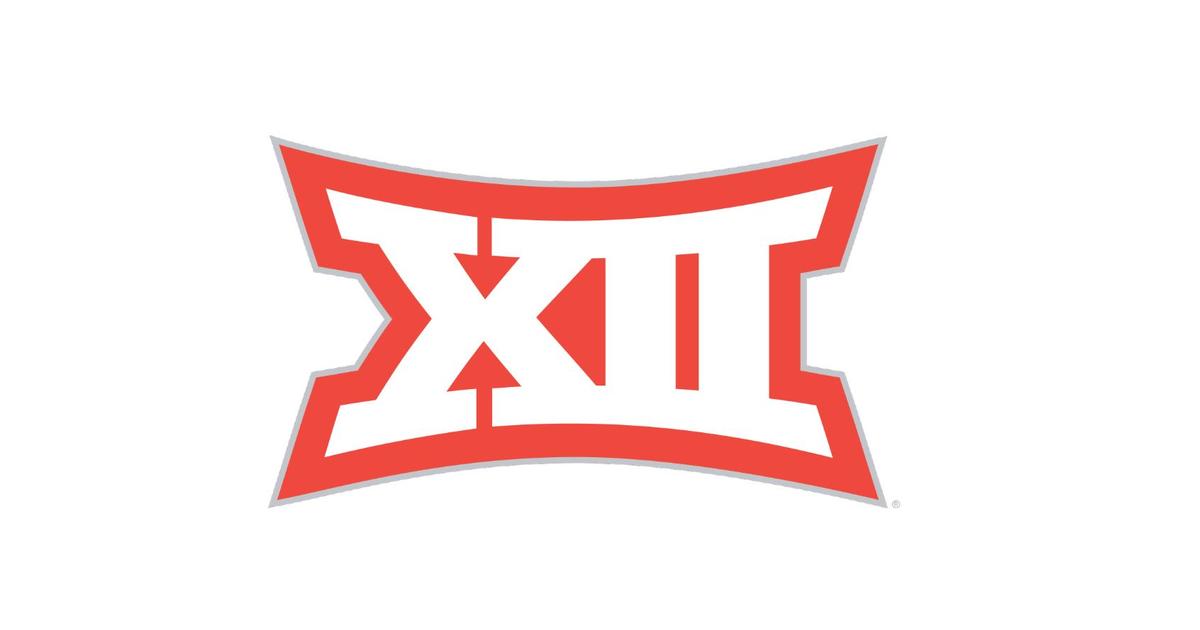
College American football and I had been total strangers. But just today, we were introduced by longtime reader Chris Lemens, who sent me a link to this Substack post about how the Big 12 Conference (a collection of college sports teams that play competitively against each other) signed deals with the University of Colorado and the University of Utah. Uh, yay team!
But instead of getting the college-football spirit, instead I found myself focusing on the author’s misunderstanding of a section in each “admission agreement”, because it reminds us of something to watch out for.
Here are the two sections at issue. First, there’s Colorado’s revenue-sharing provision:

And next, there’s Utah’s:

Here’s what the author said about the highlighted parts of each:
It was previously reported that both Utah and Colorado will receive full revenue distributions from the Big 12 and that only Colorado was given a $2.5 million signing bonus. Comparing Section 3 on revenue sharing from both agreements, Colorado failed to document the Big 12’s commitment to grant that full revenue distribution – only agreeing with itself that it would get the full distribution.
“Colorado agrees” versus “Conference and Utah agree”
So according to the author, it appeared that Colorado had failed to secure the agreement of the Big 12 to the specified arrangement, whereas Utah didn’t make that mistake.
But agree that (and agrees that) is what I call “throat-clearing”—a redundant verb structure tacked on the front of what is the part that matters. All agrees that accomplishes is say that the party in question is OK with what follows. But we know that already, because as you’d expect, the lead-in to each of the contracts in question says, regarding both parties, that “the undersigned hereby agree as follows”. The idea that Colorado would be stuck with a sterile agreement with itself doesn’t reflect how contracts work.
But what the author thought the provisions said serves as a useful reminder—purge contracts of agrees that and other forms of throat-clearing! That which is redundant not only wastes reader brain cells, it can also cause confusion. In this case, only a writer was confused, but throat-clearing might result in a dispute between the parties. It might also confuse judges; see this 2015 blog post for an example of that.
In this case, it would be easy to imagine a disgruntled contract party appealing to the legalistic mindset by saying that the difference in how the two provisions begin must mean something, and then using that to wrest some advantage.
The writer goes on to say that Colorado was “saved by boilerplate language” from suffering any consequences from its mistake. In this too, the writer is mistaken, but no broader lesson would be gained from explaining that, so I won’t!
(As a bonus, go here for a 2020 post on throat-clearing.)

Ken:
There’s also the construction of “shall participate” in both agreements. By participate, they mean receive. And there’s a discussion in MSCD on how “receive” operates much like a passive voice structure. So it would have been better to say that the conference shall pay.
Chris
Troo dat.
Funny, I thought signing a contract meant the parties agree to all the shite that’s in it.